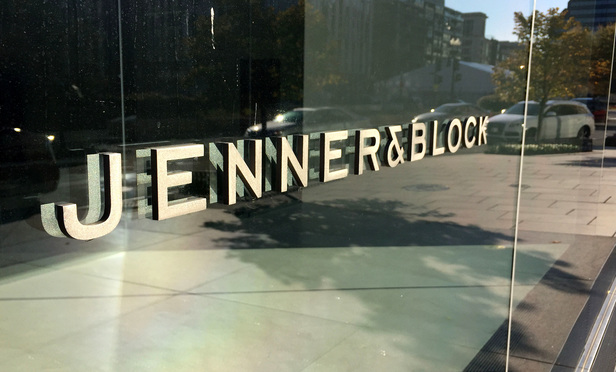Skadden wasn’t alone in raising a challenge. Five other petitions from companies—including IBM Corp. and DirecTV holdings—also had asked the high court to review Michigan’s actions, which reportedly led to an additional $1 billion in revenues to the state. The U.S. Chamber of Commerce, Business Roundtable and a number of tax organizations filed amicus briefs supporting the challengers.
Skadden’s legal team argued the legislature’s action was “an extreme example of the increasingly troubling trend of state laws that impose enormous retroactive tax liability on businesses.” They continued: “If left unchecked, states undoubtedly will follow the lead of Michigan, producing a race to the bottom in which states plug budgetary holes by reaching farther and farther back in time to retroactively increase the tax liability of disfavored out-of-state businesses—imperiling bedrock principles animating this court’s commerce clause and due process jurisprudence.”
Michigan had countered that the 2014 amendment was a corrective measure and not retroactive “at all.”
The Supreme Court’s denial of review was “disappointing,” Sloan said on Monday. “This is an important question of basic fairness and state power, and I think the Supreme Court will need to address it at some point.”
Jenner’s Fee Win Sticks
Parallel Networks v. Jenner & Block stemmed from a 2007 contingency fee arrangement in which Jenner agreed to represent Parallel Networks in two patent cases.
The fee arrangement contained a provision that allowed the law firm to withdraw from the representation and still get fees whenever it “determine[d] at any time that it is not in its economic interest to continue the representation.” If the firm withdrew, Parallel Networks was to pay “an appropriate and fair portion of the Contingent Fee Award” at “the conclusion of any” patent lawsuit. The agreement also called for arbitration of any disputes.
Jenner & Block did withdraw. New counsel entered and settled the two patent cases. In 2011, Jenner submitted a $10 million fee request that Parallel Networks would challenge. The dispute went to arbitration and Jenner was awarded $3 million and a 16 percent future contingent stake. On appeal, Parallel Networks argued the withdraw-and-still-pay provision was prohibited under Texas law. Texas state courts upheld the award.
In the high court, Parallel Networks, represented by Daniel Geyser of Stris & Maher, argued the circuit courts were divided over whether public policy challenges are viable under the Federal Arbitration Act and also are confused about the permissible grounds for vacating arbitration awards following the Supreme Court’s 2008 decision in Hall Street Associates v. Mattel.
“There is simply no indication that Congress intended to intrude on the power of state courts, acting under settled state law, to resist arbitration awards that violate core state public policies,” Geyser wrote.
Jenner & Block waived its right to respond to Parallel Network’s petition. In earlier litigation, the law firm had argued that it had invested 24,000 hours in the patent litigation, which formed the basis for the later successful outcome. The firm said it had reason to withdraw because Parallel Networks was habitually late reimbursing litigation expenses.
“We’re obviously disappointed,” Geyser said on Monday. “There was an acknowledged conflict on an important issue that has caused substantial confusion in the lower courts. This case was an appropriate vehicle, and we wish the court had decided to take it up.”



